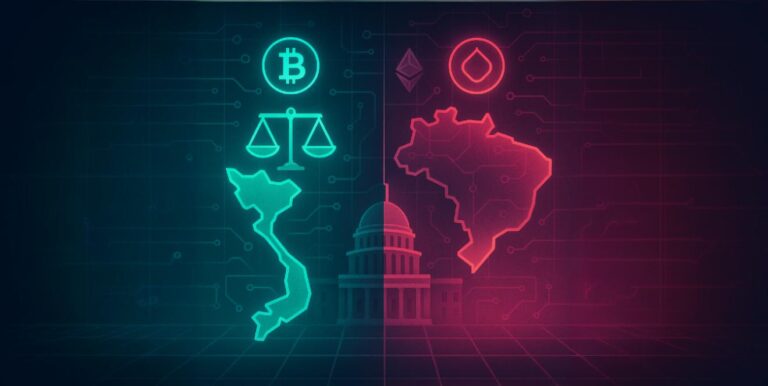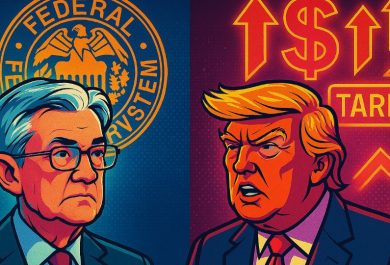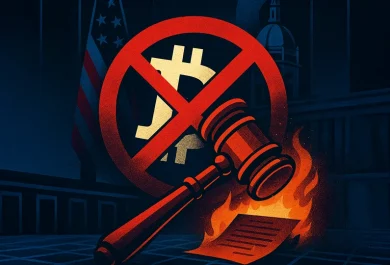Crypto adoption, acceptance, and legalization have been increasing, along with governments implementing crypto taxes. In a groundbreaking move, the Vietnamese government has welcomed digital asset regulation, whereas Brazil scrapped its crypto tax exemption. Both decisions from the governments depict their keen interest and understanding of cryptocurrencies and their potential to practice crypto-supportive measures. That said, it is quintessential to dive into what Vietnam and Brazil meant by taking new steps in the industry.
A new revolution in the Asia-Pacific region
Singapore, South Korea, Thailand, and Japan are some prominent names in the crypto sector of the Asia-Pacific (APAC)) region. Now, Vietnam has turned into a more crypto-friendly nation with the latest announcement on legalizing cryptocurrencies. The National Assembly of Vietnam, the legislative body of the country, nodded yes to the Law on Digital Technology Industry on June 14.
Reportedly, the crypto legalization will officially become effective on January 1, 2026, and the country will bolster innovative strategies in digital assets. This particularly includes the integration of AI and blockchain technology.
What does the law on Digital Technology Industry mean?
The Law on the Digital Technology Industry categorizes digital assets into two types — virtual assets and crypto assets. However, both these categories do not encompass securities, digital representations of fiat currencies, or other financial instruments, under existing legal frameworks.
Although the law does not bring a comprehensive regulatory framework, it insinuates a foundational step towards approaching digital assets. Among many, one key appreciable thing is, the government promises to align with Anti-Money Laundering standards, cybersecurity, and counter-terrorism financing through the law, potentially strengthening Vietnam’s relationship with the Financial Action Task Force (FATF).
Brazil steps ahead in crypto taxation
Coming to Brazil’s latest progress in crypto, the country announced a new rule to end its tax exemption. The rule comes under Provisional Measure 1303, and implements a 17.5% tax on all capital gains from digital assets. As several news reports suggest, with the new rule, the government aims to increase revenue by tightening taxes in the financial markets.
What changes did Brazil’s new crypto tax rule bring?
Earlier, small-scale crypto profit earners did ot have to pay any tax; however, with the latest rule, all crypto investors, irrespective of how much they earn, must pay the 17.5% tax on their profits.
Before introducing the rule, all Brazilians who sold up to 35,000 Brazilian reals (native currency), which is approximately equal to $6,290 a month, were excluded from income tax. Investors crossing this profit threshold had to pay a tax starting from 15% and a maximum of 22.5% for those gaining over 30 million reals.
So, is the new 17.5% tax a relief for crypto investors?
The straight answer to this question would be yes. The new 17.5% tax simplifies taxation and is a relief for big profit earners, but not for small-scale investors. In the eyes of the government, their sole intention is to boost the revenue from the cumulatively growing crypto market.
As both Vietnam and Brazil advance in crypto regulations, their recent announcements signal that crypto is no longer on the fringes of financial policy. What’s more, the governments of these countries see crypto adoption and policies as a serious matter rather than a trend.










